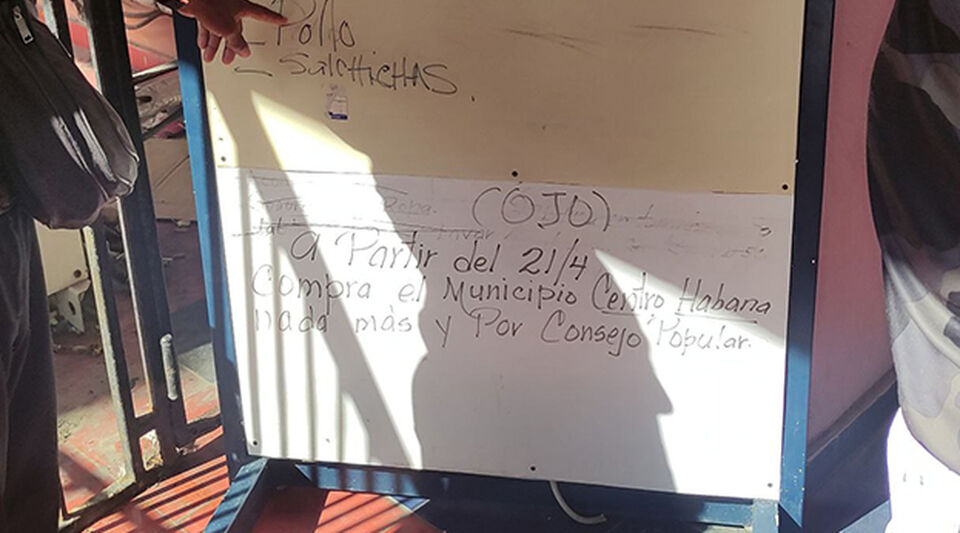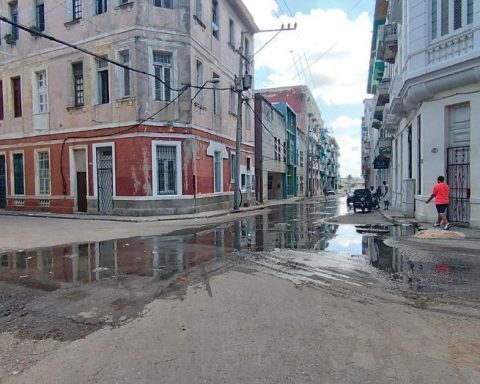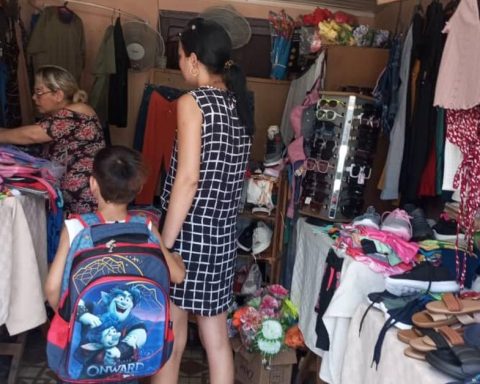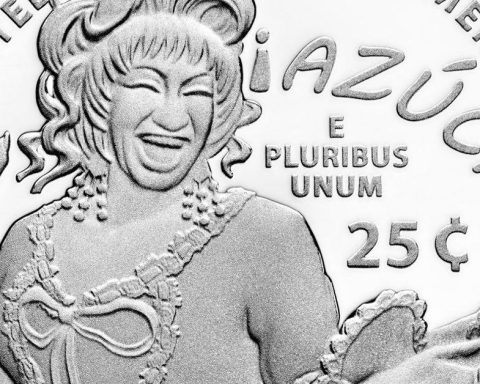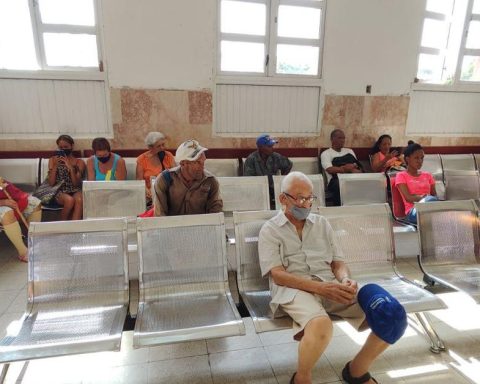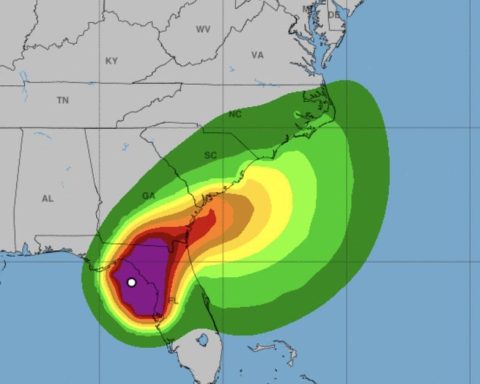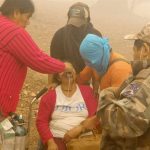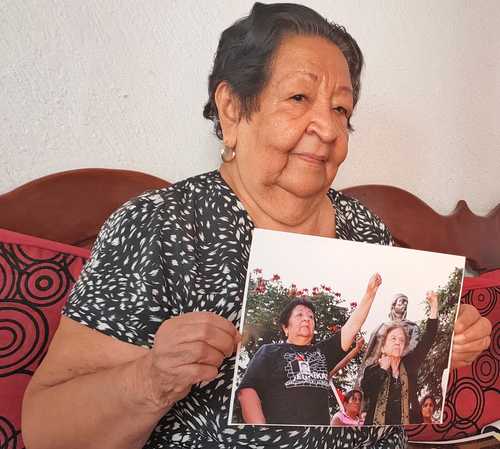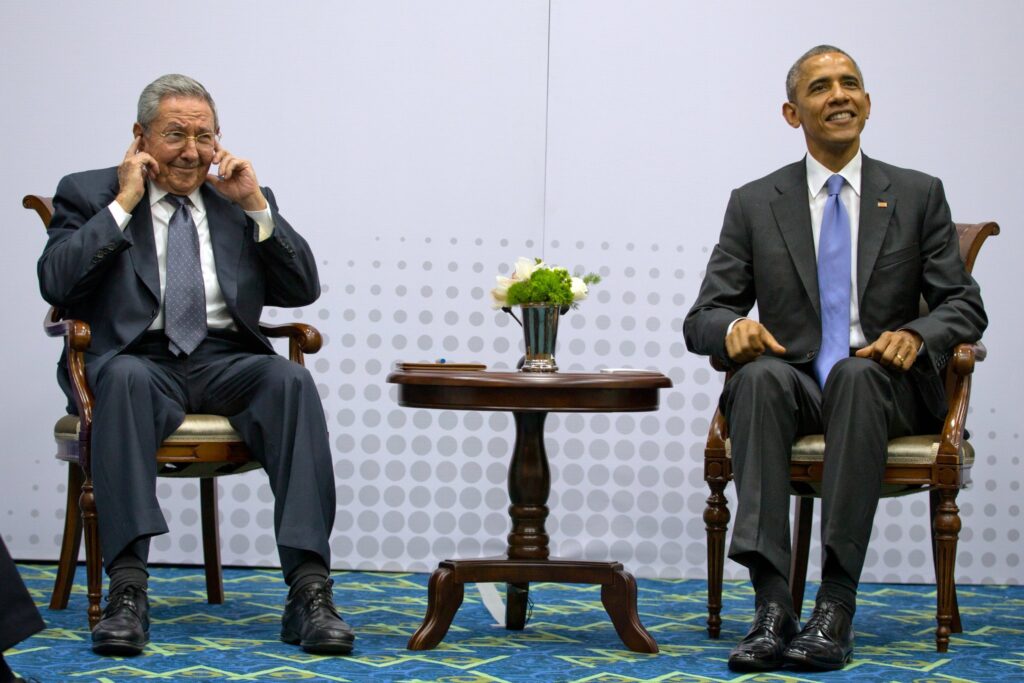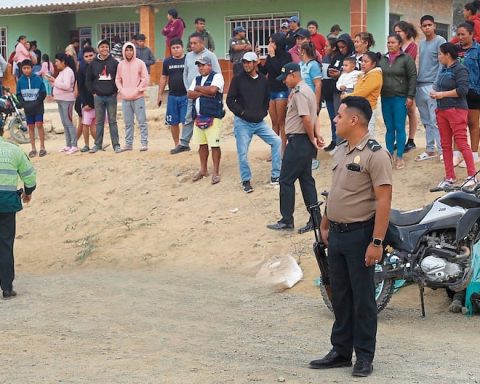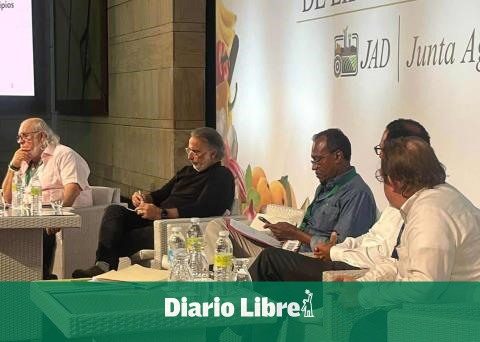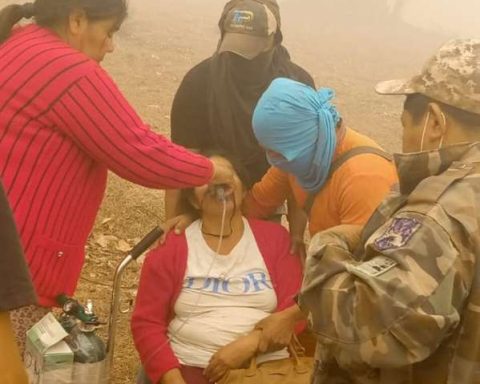The authorities in Havana have re-imposed the “municipalization” for the sale of food in Cuban pesos, one of the measures established to control the spread of covid-19 and eliminated last November. From now on, as this newspaper was able to verify in the Plaza de Carlos III, only the inhabitants of Central Havana will be able to buy in those stores. “Nothing else,” emphasized a sign on one side of the market.
The poster adds that it will be “by Popular Council.” “I don’t know if it’s one (council) daily, that will be seen on the 21st,” says one of the Cubans who observe the sign of the new limitation.
With the pandemic receding and without an official announcement, the reestablishment of the norm may have the objective of reducing the kilometric queues to buy chicken or oil, in addition to resales.
Despite the fact that the sale has been restricted to an amount from time to time per family unit and the prior presentation of the ration book, customers often acquire these goods to resell them on the black market at several times their official prices.
A doctor alluded to this in a comment in an article in the official newspaper Tribune of Havana.
The same regulation was also applied before, between August and October 2020, when the pandemic began in Cuba and the measures were tightened.
“The store+coleros+resellers issue is unbearable. We have to close the fence on them. Sales have to be controlled by the People’s Council, not by the municipality, to see if one day we doctors can buy without having to miss work” and concluded: “O we stand in line to buy chicken and oil to eat or we work”.
A colleague seconded him: “We do not even ask for privileged attention where food is sold in national currency, we do not have time due to our work to do these things and then we have to buy the resold food from the same people who serve their health on a daily basis. “.
In February 2021, the Government decided to restrict the purchase in another municipality other than their own to try to stop the spread of covid-19. Havanans then had to show their card or an authorization “in case of living together” at an address other than the one that appeared on their identity documents.
The same regulation was also applied before, between August and October 2020, when the pandemic began in Cuba and measures were tightened to prevent contagion.
Another of the novelties in the Plaza de Carlos III this Monday, and which gathered a large queue at the doors of the market, was the sale of fans in national currency. “At least since the beginning of the pandemic, when they sold a little bag, and I never saw fans in national currency again,” recalled one of the users. The wall fixtures, about 16 inches, cost 1,078 pesos.
________________________
Collaborate with our work:
The team of 14ymedio is committed to doing serious journalism that reflects the reality of deep Cuba. Thank you for joining us on this long road. We invite you to continue supporting us, but this time becoming a member of our newspaper. Together we can continue transforming journalism in Cuba.
